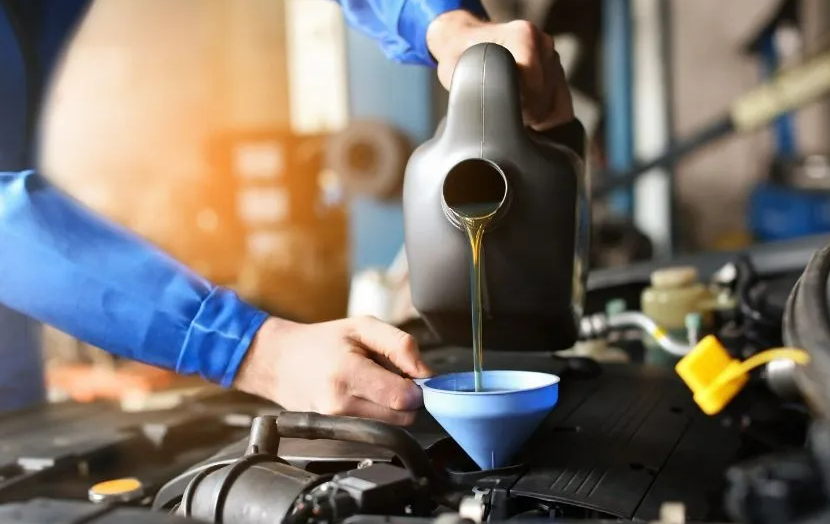Compression stroke in diesel engines
The main purpose of the Compression stroke in a diesel engine repair is to produce energy.
This is done by compressing the gas within the engine cylinder. The energy obtained
from this process is known as power. The difference between the compression and
power strokes represents the net amount of power that can be used to produce
useful work. This difference can be represented mathematically by the area of the
cycle.
The compression stroke in a diesel engine begins by drawing air into the cylinder
through a valve. The piston then closes the valve at BDC and returns to TDC. Once
the piston is at TDC, diesel fuel is injected into the compressed gas. The fuel burns to
increase the temperature of the compressed air. It is this process that causes the
characteristic diesel knocking sound. In addition, the increased pressure inside the
cylinder drives the piston downward.
The Compression stroke occurs at the beginning and end of the engine’s crank cycle.
This process increases the volume of air in the cylinder, while increasing the
pressure and temperature of the air. During the second phase of the Compression
stroke, fuel is injected and ignites. As the fuel burns, the piston is forced downward
by the combustion products, forcing them out of the cylinder. The cycle repeats
during the next cycle.
Fuel dilution Diesel Engine Repait
If you have a diesel or gas engine, you must pay close attention to the amount of
fuel dilution in your oil. Leaving more than 1% gas in your tank can damage your
engine, and misfueling it is rarely covered by your insurance policy. Fuel dilution
may also make your engine more expensive to repair.
Fuel dilution affects engine performance and lubrication. It reduces the oil’s
viscosity, causing it to thin out. This results in a loss of lubrication and an increased
wear rate. Since the engine oil is the only barrier between moving surfaces, any
reduction in its thickness could accelerate the wear of the engine parts.
The best way to determine if fuel dilution is affecting your engine’s performance is
to have it analyzed. This will tell you whether there is a problem and what needs to
be done to fix it. Fuel dilution is one of the biggest causes of engine problems today.
Common mistakes to avoid
One of the most common mistakes people make when repairing their diesel engine
is misfuelling. The process of filling up the tank is very routine, so a moment of
inattention can lead to a mistake, which will result in a $500 to $1,000 bill. To
prevent this, make sure that the fuel tank is empty before attempting to pump it.
Don’t try to mix different fuels. It will only damage the engine and may cause severe
performance problems. If you put gasoline in a diesel engine, you may also notice
problems with the ignition. The ignition system can stop working and you may see
black smoke. Other problems include shock waves, fuel system damage, and
inadequate lubrication.
When repairing a diesel engine, it’s vital to follow proper procedures. For example,
never use gasoline to fill it with diesel fuel. If you do, you’ll damage the fuel pump,
fuel filter, and injector. And if you’re not sure how to do this, you can call a mechanic
right away. The mechanic can drain the gas and pour the correct fuel.
Cost of repairs
The wrong type of fuel can damage a car’s engine. It can result in smoke, damage to
the pump and filter, and damage to the fuel injectors. Fuel system repairs are
expensive, and may result in a bill of up to $1500. Thankfully, there are some tips to
keep in mind that can help you save money on gas engine repairs.
First, make sure you drain the fuel tank. Adding diesel fuel can clog your car’s fuel
system, resulting in engine damage. You should also have your fuel tank cleaned
and checked regularly. A simple fuel system flush can cost between $500 and
$1,500. A more extensive repair may cost up to $2500.
Diesel fuel can also clog fuel injectors and filters. This is because diesel is thicker
than gasoline and gums up these systems quickly. Also, diesel carries heat, which
damages fuel sensors.
